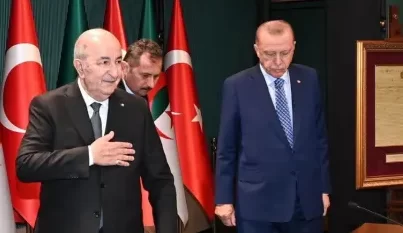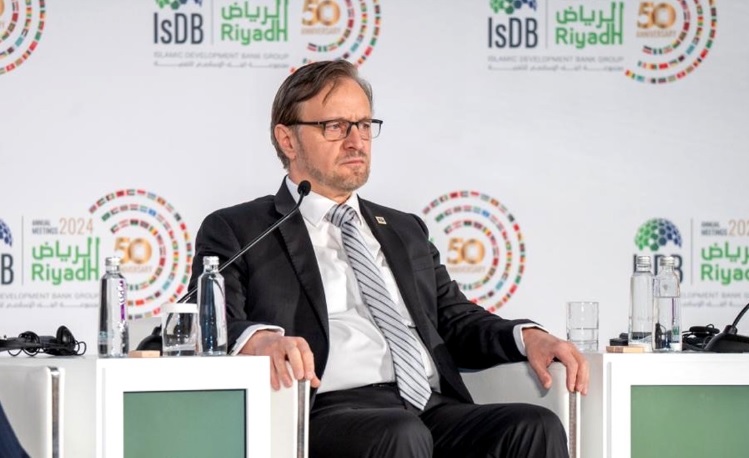Algeria appears to be on a path toward conflict with both Turkey and Syria after recently allowing members of the YPG, representing Syrian Kurds, and the PKK, representing Turkish Kurds, to participate in a conference organized in Tindouf at the start of this week. The conference, hosted by the Algeria-backed Polisario Front, also saw the attendance of Swedish climate activist Greta Thunberg.
Signs of conflict have already surfaced through Turkey's angry reactions to this move. The Turkish news platform "Clash Report" published a post criticizing the conference, which supported Kurdish separatists and the Polisario Front on Algerian soil. The platform claimed, citing its sources, that "this conference would not have been possible without the permission of the Algerian authorities due to Algeria's support for the Polisario Front."
The Turkish platform’s post accused Algeria of enabling the participation of Kurdish separatists in this event held on its territory. It also highlighted that the conference included Greta Thunberg, who has recently been linked to advocacy for PKK/YPG, along with groups based in Germany that support both PKK/YPG and Western Sahara separatists.
Details surrounding the conference in Tindouf and Thunberg’s involvement suggest that its actual organizers were two Swedish activists: Benjamin Ladraa, of Swedish-Algerian descent, and Sanna Ghotbi, of Kurdish-Swedish origin. Both work for "Solidarity Rising," an organization supporting the Polisario Front and other separatist movements.
The international delegation participating in the conference also included Kerem Schamberger, a resident of Germany who identifies as a researcher affiliated with the Institute for Communication Science and Media Research at Ludwig Maximilian University in Munich. Schamberger is a prominent supporter of the "Kurdish cause."
Photos and videos from Schamberger's time in Tindouf showed him raising the flag of Rojava (the federal entity declared in northern Syria on March 17, 2016, representing Syrian Kurdistan). He had previously condemned, via his account on Platform X, what he described as "Turkish jihadist attacks against the Democratic Autonomous Administration in northern and eastern Syria."
The participation of individuals known for supporting separatist movements, particularly Kurdish separatists in Syria and Turkey, from Algerian soil represents a politically hostile action by Algeria toward Turkey and Syria. Both countries view these movements as separatist and "terrorist." This development further strengthens accusations against Algeria of supporting separatists, especially as Mali has also accused Algeria of backing Tuareg movements seeking secession in the country's north.
This "Algerian move" is expected to provoke reactions from Ankara, particularly as Turkey is currently taking significant steps to address the Kurdish issue in Syria and within its borders amidst the ongoing developments in the Middle East following the fall of Bashar al-Assad's regime.
It is worth noting that the future of relations between Algeria and Syria remains uncertain after the fall of Bashar al-Assad’s regime, which Algeria supported against the Syrian opposition, now in power. Meanwhile, all Arab countries have hastened to establish political and diplomatic ties with the new Syrian government.






